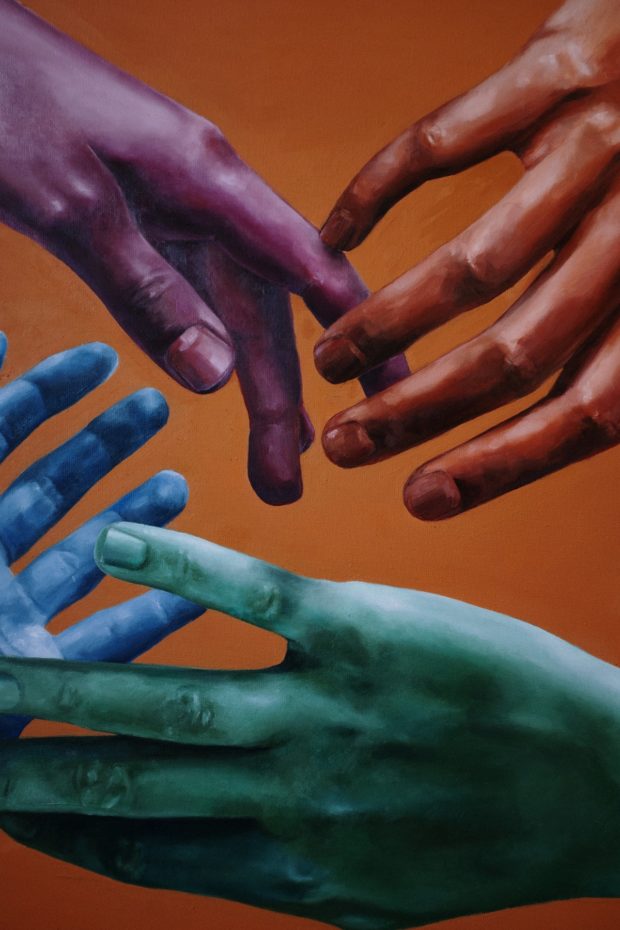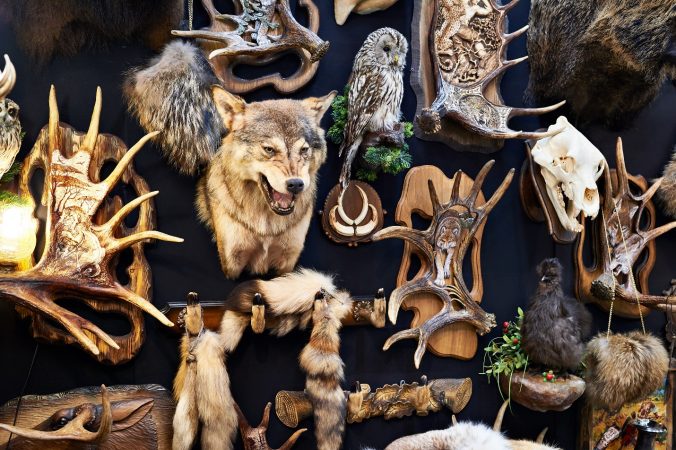You have no items in your cart. Want to get some nice things?
Go shopping
One of the facsimiles was in need of a new top. This of course brought me into communion with the Internet. In doing this, I was immediately reminded of the days when I had more time or at least pretended to; when the need to fish out a top for a facsimile implied a riddle, a pair of espadrilles and a stroll around the Born. Parsing the streets as if at random, I would inevitably stumble into the glass-fronted maker’s shop on Carrer Calders. The maker of ocular verse. The maker was a spinner of concepts expressed as drawings. He sat beneath the soft glow of an Anglepoise lamp, crafting away from his perch in the mezzanine workshop above the shop. He was invariably there.
These were his T-shirts:
I.
The astronaut in outer space grasps only a red balloon. Everywhere he looks is black. That is normal. The void is normal. What we have here, exotic. An astronaut floats alone in this twilit forest heady with lonesome stars and cosmic ash. Silence prevails, compresses, etches herself into the space.
II.
A humanoid conceptualising a concept: a brain and a barrier. Beckett is trying to reach beyond, beyond a barrier with language. The rhythm and cadence and syntax, in his case, of French used to pierce the veil, the barrier erected in his own brain. The barrier of a mother tongue’s viscous hegemony.
III.
A figure resembling Gumby in full functional squat position is emptying out or filling up, depending on how you want to see it. Let’s say they’re emptying out. It’s water that’s leaking out of the body. A solitary goldfish circles around while a couple of starfish lay strewn randomly across the figure. Maybe someone will turn off the tap.
IV.
A greyblack moon rises stark against a washed out pink backdrop. Her materiality is triumphant. Fabric can hardly support her and is about to rip.
*
In our numerous conversations, the maker never verbalised these concepts. Instead, he recounted a string of happenstance occurrences. A Jordi did this, a Jordi did that and so on and so forth. The state of the region. The changing neighbourhood. Some petty theft. A Baracoa at the beach. An affirmation of our mutual admiration for things Danish. What his facsimile was up to. He had a facsimile too.
One night I was sipping bright orange Vermouth with some friends on a neighbouring balcony. I phased out of the scene and observed the following occurrence unfolding at level zero: the maker had decided to take a breather. Clawing his way down from the womb of creation, his body descended into the world. I was so drawn to his strange exodus from the workshop that I remained transfixed. I watched as he moved through the cityspace across Carrer Calders, past the café/bar, past the remnants of the wholesalers in the arcade, fossils from a time when this was a real market and not a museum; past the contemporary street furniture where the old people sat chatting for hours and are probably doing just that as I write; down the floodlit tile carpet rolling over the Plaça Comercial where the kids in Barça t-shirts kick the football against the market-cum-museum at 11 at night (7pm is still the afternoon in Barcelona) inducing the stressed out northern Europeans into a stubborn wakefulness; up the Carrer de la Ribera, past the hair dresser from Málaga who trained at Toni & Guy in London and hung out in the urban wilds of Elephant & Castle in the 80s and then hung out some more in D.F. and now lives above his salon, and then over towards the park across the desolate stretch of once majestic Passeig Picasso with her dripping pre-Modernisme edifices. He made it neatly past the string of black and yellow radiotaxis, all the way across the Passeig to the lonesome Tapiès assemblage in the glass cube inside the putridgreen fountain. He stood there gazing at Tapiès’ homage to Picasso. To ordinary objects connecting the artist to this specific space, locked in his specific era.
I decide that this will be the subject of the maker’s next T-shirt.
About Alana Stone
Alana Stone is a London-based writer, editor and translator. She is also currently a PhD candidate in Modern Japanese Literature at the University of East Anglia. Her translations have or will soon appear in Barima Magazine, The Review of Japanese Culture and Society and in the Arrow Films release of Tomu Uchida's Fugitive from the Past. She is now writing a collection of short stories that explore memory, landscape, and the effects of geographical displacement.




